First Starts of MLB Pitching Stars
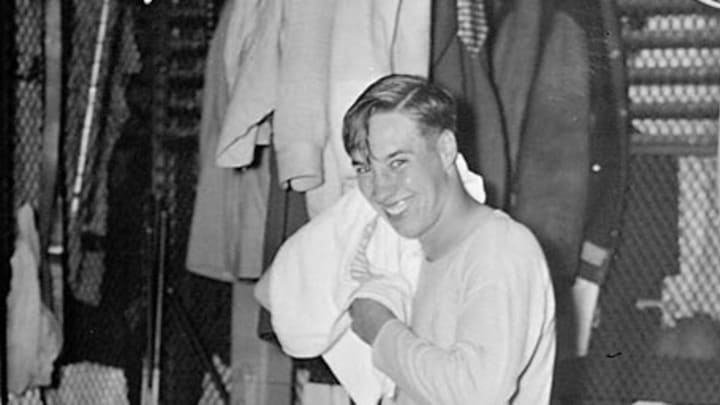
First Starts of MLB Pitching Stars
Bob Feller

"The Heater from Van Meter" was only 17 when he made his first big league start, and he struck out 15 St. Louis Browns over nine innings for his first career major league victory. Feller would complete four games that season and strike out at least 10 batters each time. Here is a look at some of the debuts from the best and most-hyped pitchers in baseball history. Deadball Era pitchers are excluded because of the lack of accurate gamelog information from their debuts.
Warren Spahn
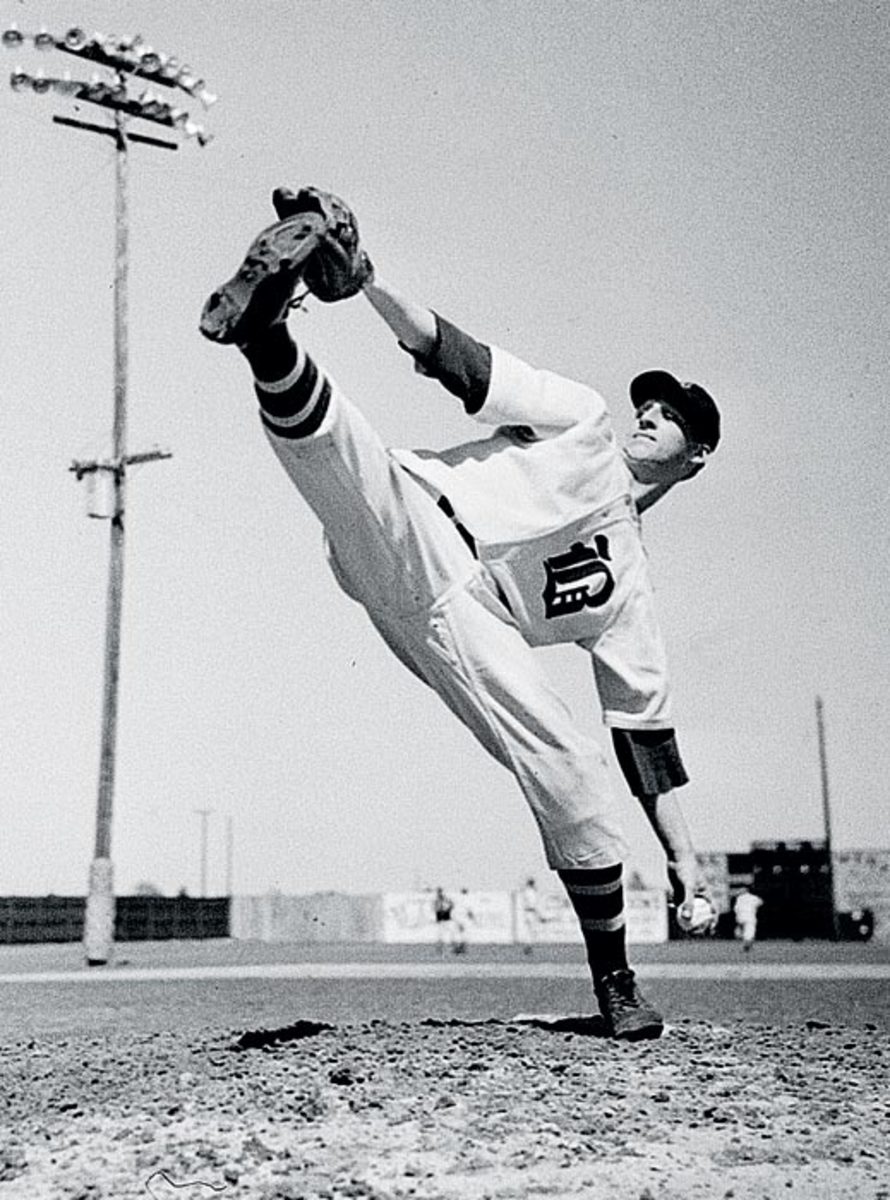
Playing on a sorry Boston Braves team, Spahn struggled in his first big league start by giving up 10 hits and six runs (though only one of them was earned) over five innings. He had a similar stat line (10 H, 5 ER) in his second start to conclude the season. Spahn would not pitch again in the big leagues until 1946, after he concluded his military service in World War II.
Whitey Ford
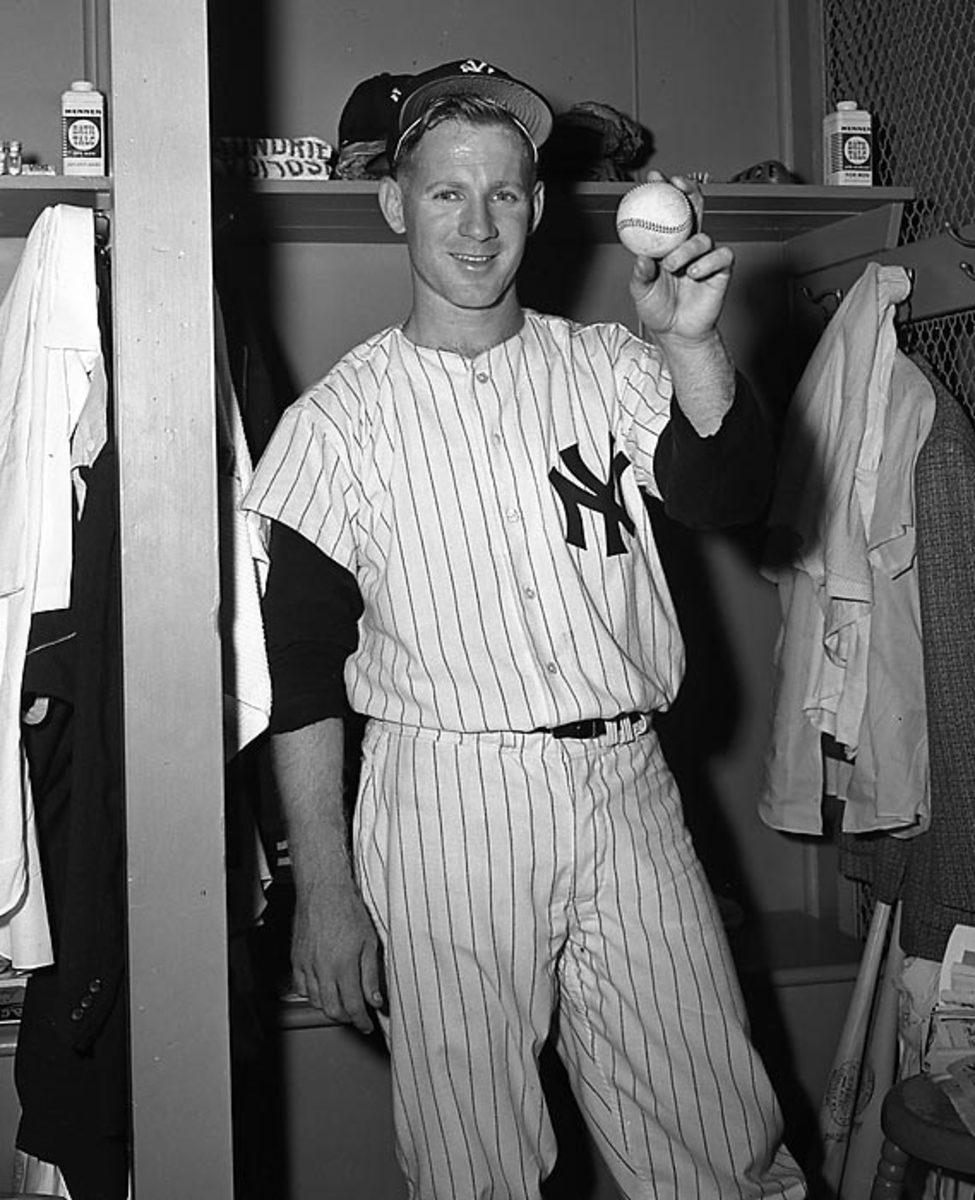
Ford's first start (4.2 IP, 7 H, ER, 4 BB, 1 K) was not an indicator of how strong his rookie season would be. Ford would not lose a decision until Sept. 27th and he would finish second in voting for the American League Rookie of the Year award.
Sandy Koufax
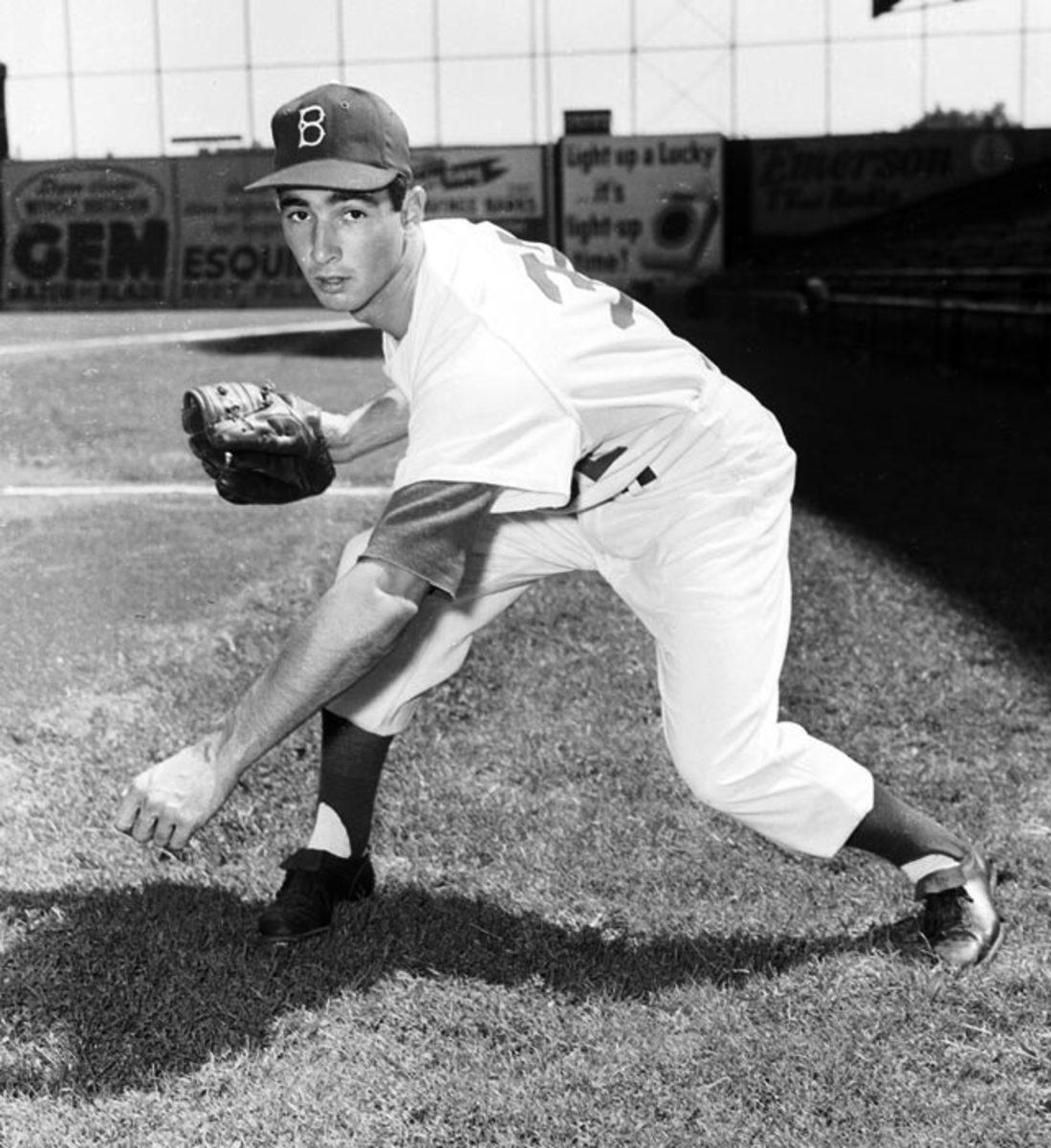
In what would be a harbinger of things to come in the first half of his career, Koufax struggled with his control in his first outing, walking eight hitters and striking out only four in a no-decision at Pittsburgh. He would not start another game until Aug. 27th of that season, but he threw a complete game shutout with 14 strikeouts against the Reds. The Dodgers won their only world championship in Brooklyn that year but Koufax did not pitch in the Fall Classic.
Bob Gibson
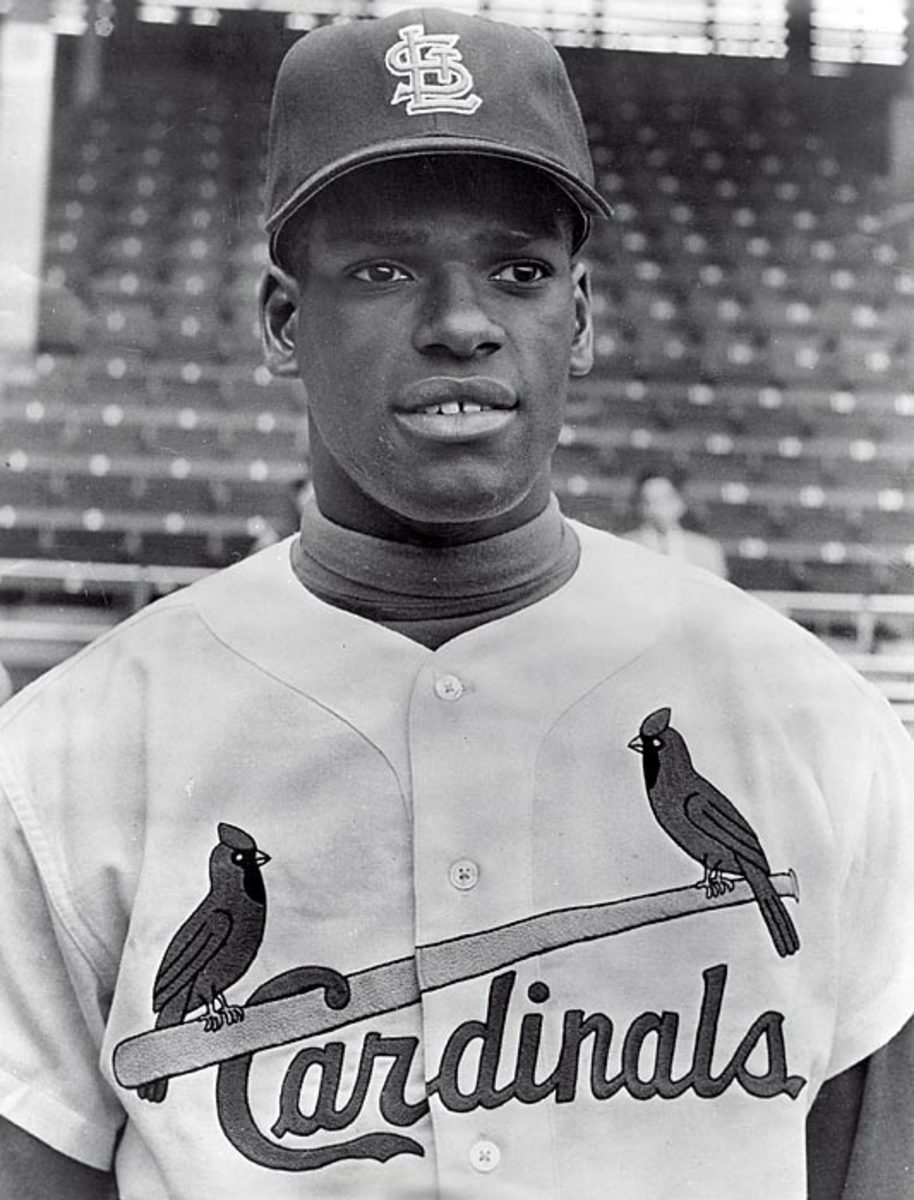
Facing the Cincinnati Reds at Crosley Field, Gibson threw a complete game shutout after scattering eight hits over nine innings. Gibson had a rocky rookie year, but would be an All-Star by his fourth season in the league.
Steve Carlton
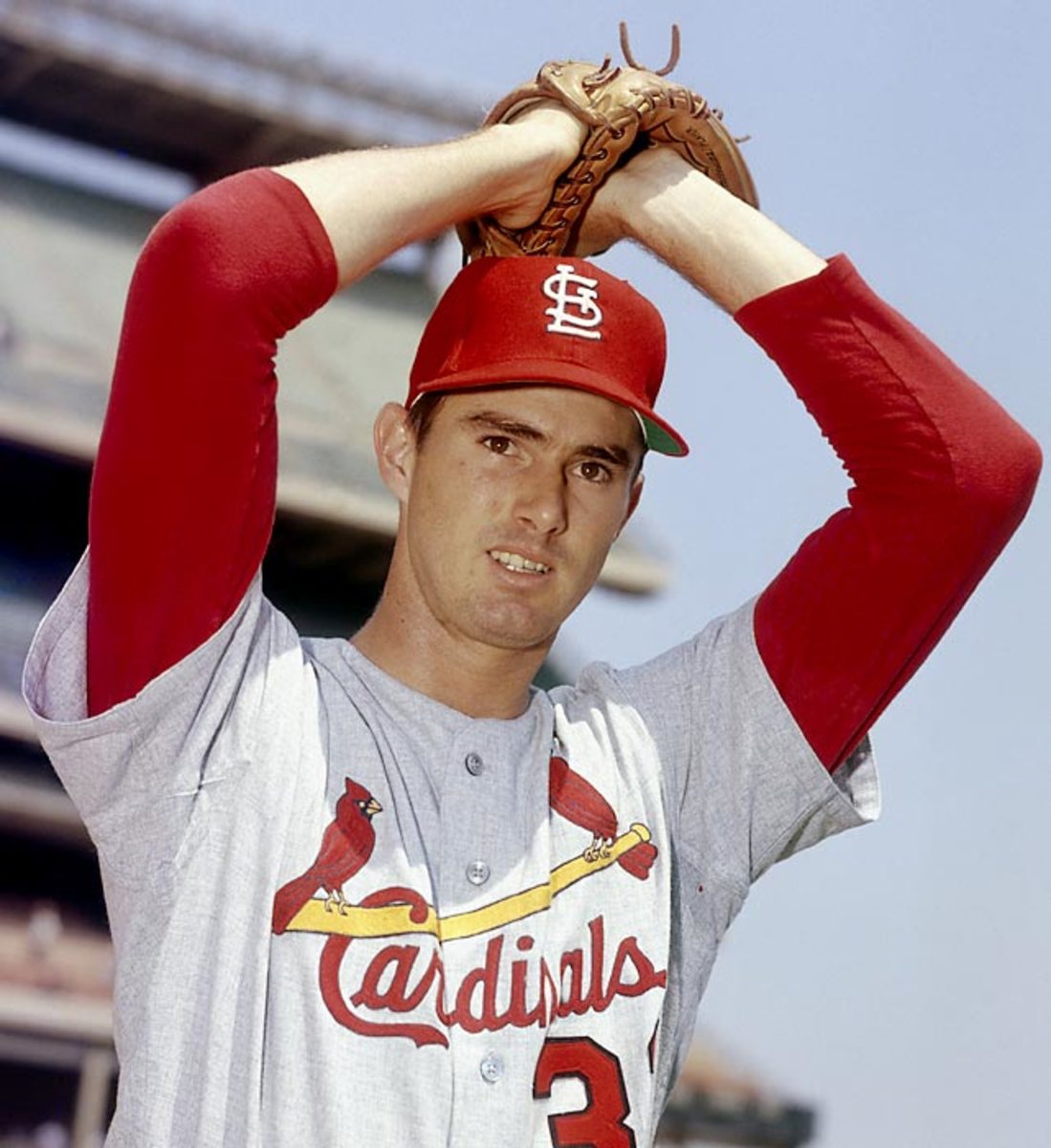
Carlton's first big league start came in the 10th game of his career, and it was the only outing of the season where he allowed more than one earned run. It was the only game Carlton started that year for the defending World Series champs.
Jim Palmer
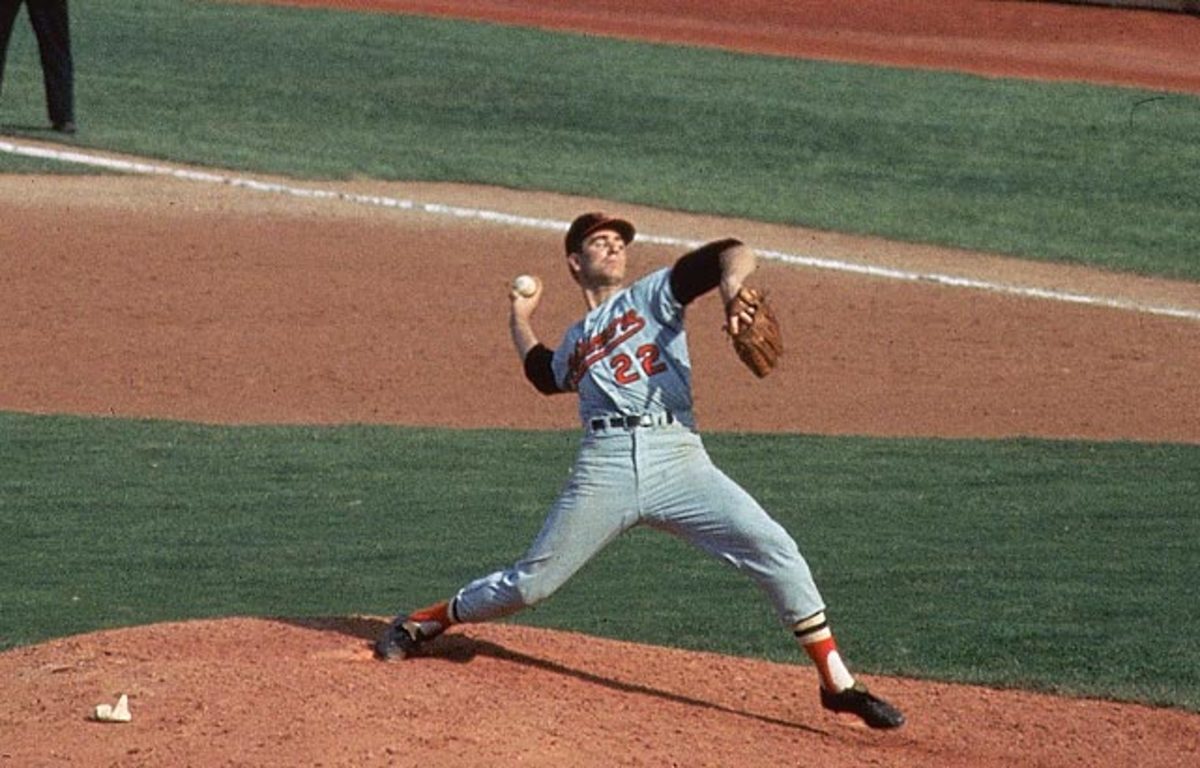
Palmer didn't get a decision in an effective outing (seven hits, four earned runs, no walks and six strikeouts over seven innings) and he would work as a reliever for the rest of the season before he was converted to a full-time starter in 1966.
Nolan Ryan
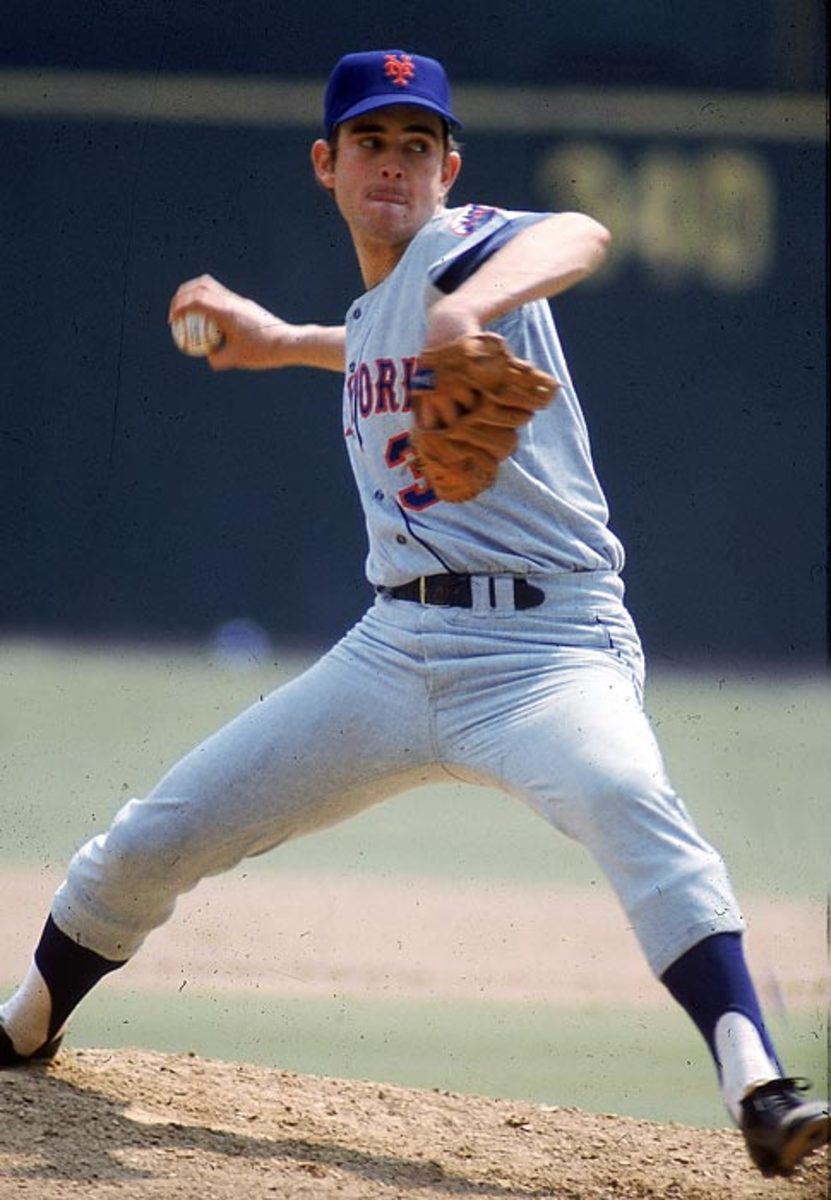
After this outing, it probably looked like Nolan Ryan would never appear in the big leagues again. His last appearance in the big leagues came 27 years and four days after he first took a major league mound, and by that time he had won 324 games, pitched seven no-hitters and struck out 5,714 hitters.
Tom Seaver
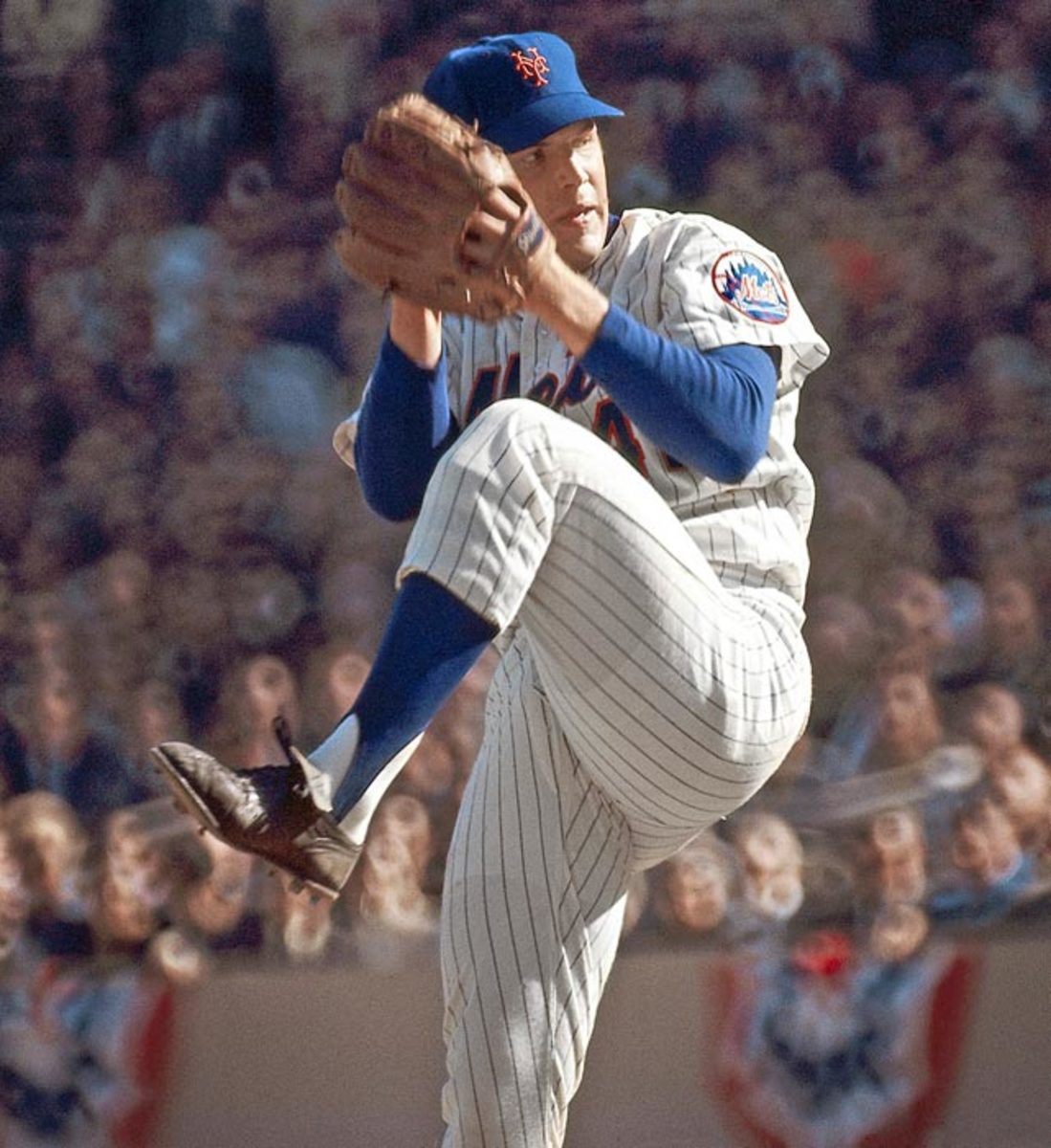
Like many eventual legends in their debuts, Seaver struggled with his control a bit, but he also showcased the kind of power pitching that would come to define his career. He would go on to win National League Rookie of the Year honors and two years later his Cy Young campaign led the Mets' unexpected march to a world championship.
Dwight Gooden
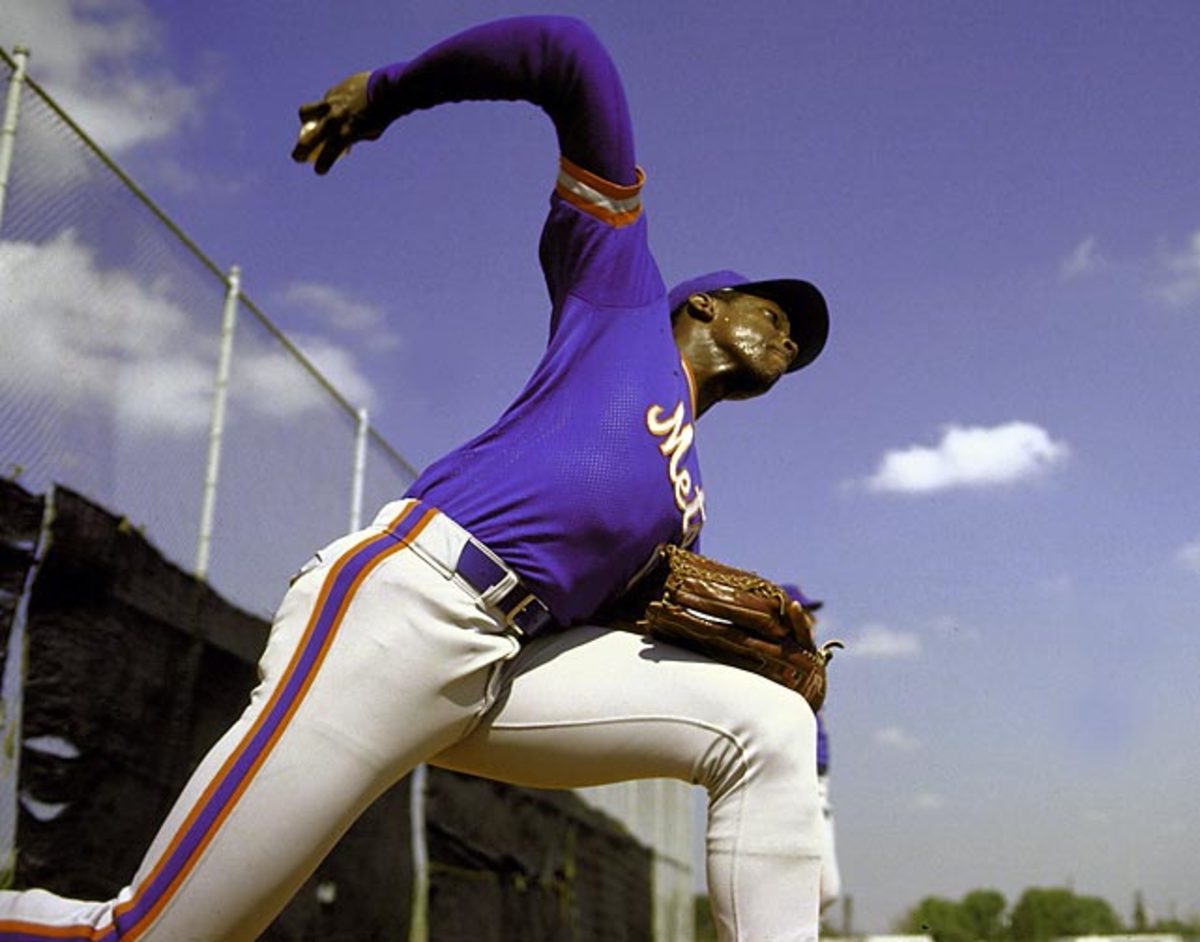
Doc was just 19 when he made his debut for the Mets at the Astrodome, and though this outing dind't foretell what was to come, it would be the first start of a dominant rookie season. Gooden led the league in strikeouts and WHIP, finished second in Cy Young voting and won the Rookie of the Year award all before he turned 20 years old.
Roger Clemens
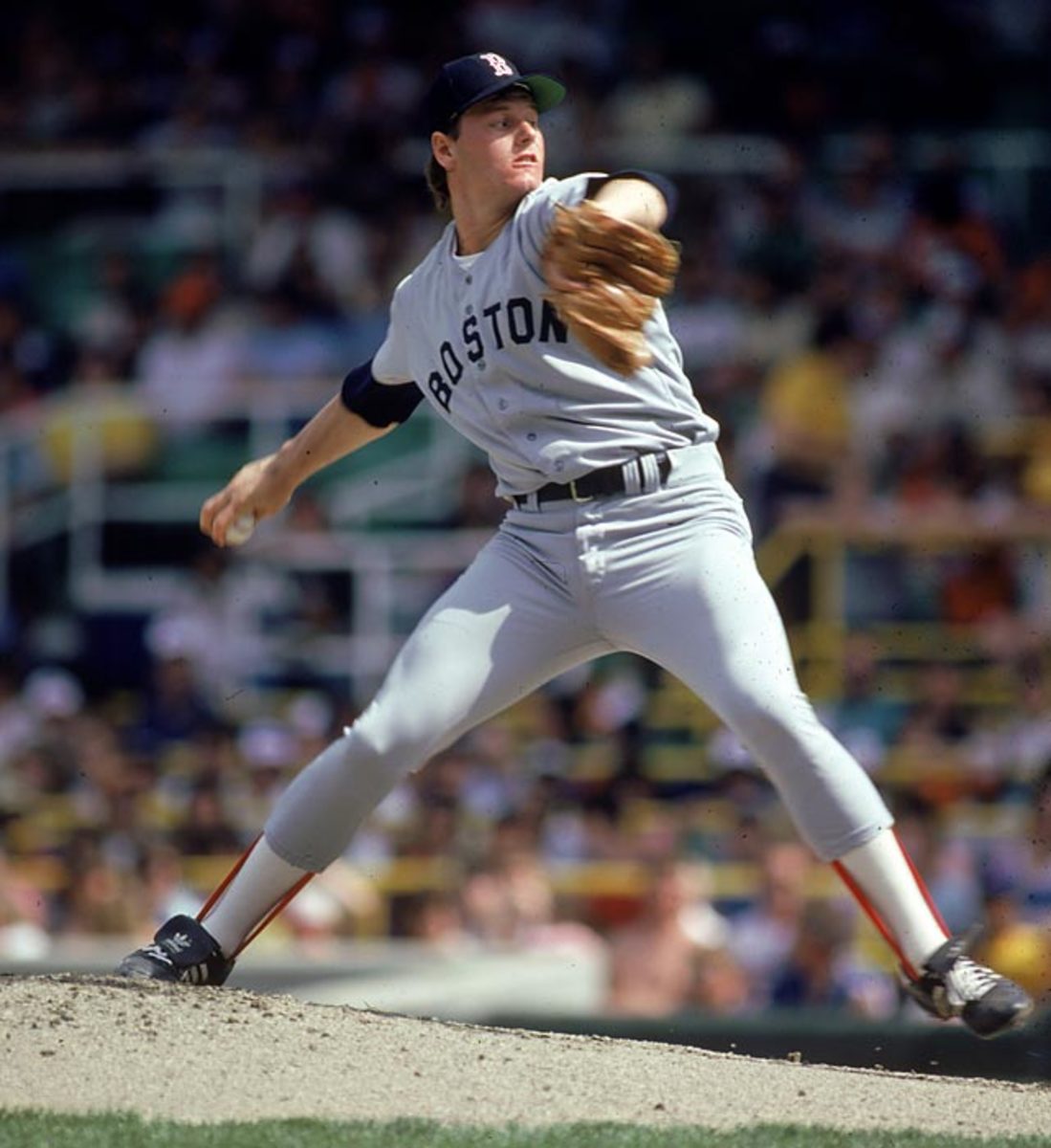
Clemens scattered plenty of hits in his big league debut and was even demoted to the bullpen during his rookie season. Toward the end of July and through most of August, he became the Clemens the baseball world would come to know when he made four starts with at least nine strikeouts and tossed four complete games.
Tom Glavine
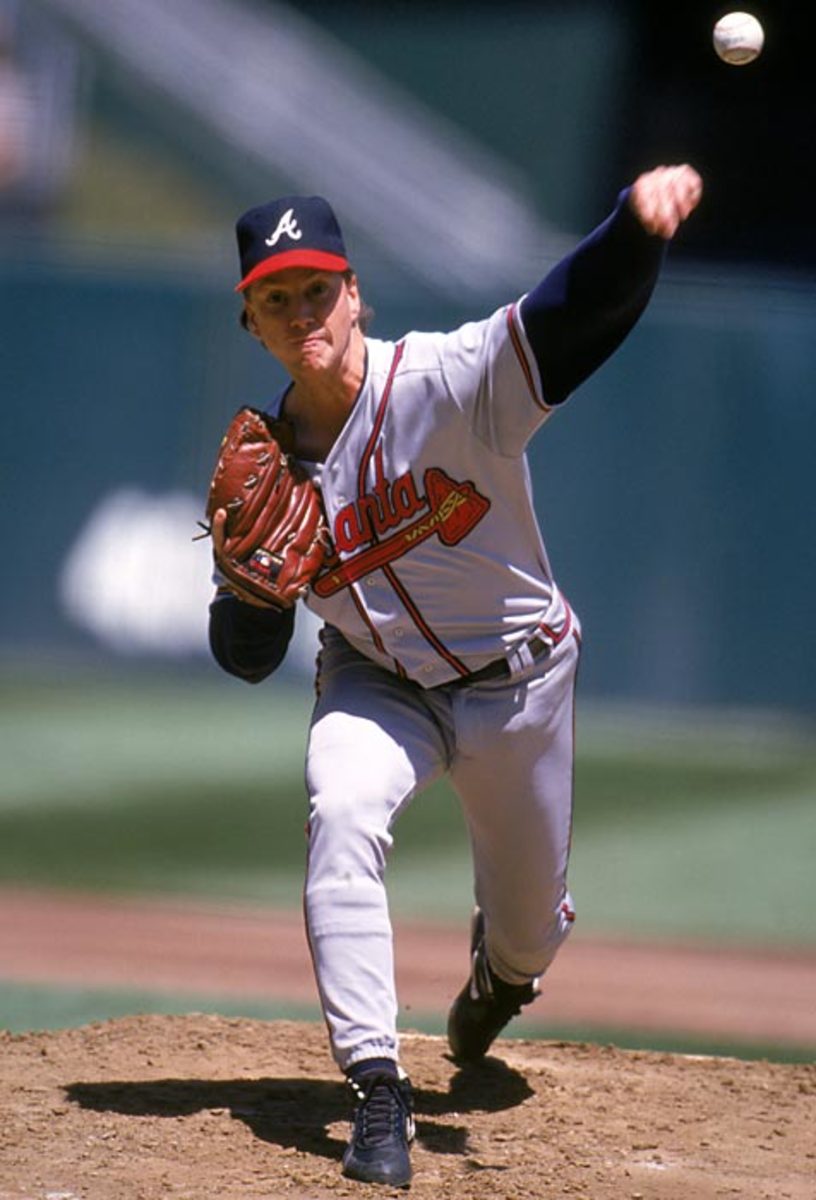
Glavine didn't look primed for the major leagues in this start or in much of his first couple seasons. He finished 1987 with a 5.54 E.R.A. and then tied for the National League lead in losses the next season with 17. By 1991, his fifth season in the big leagues, he won the first of his two Cy Young awards en route to a 305-win career.
Randy Johnson
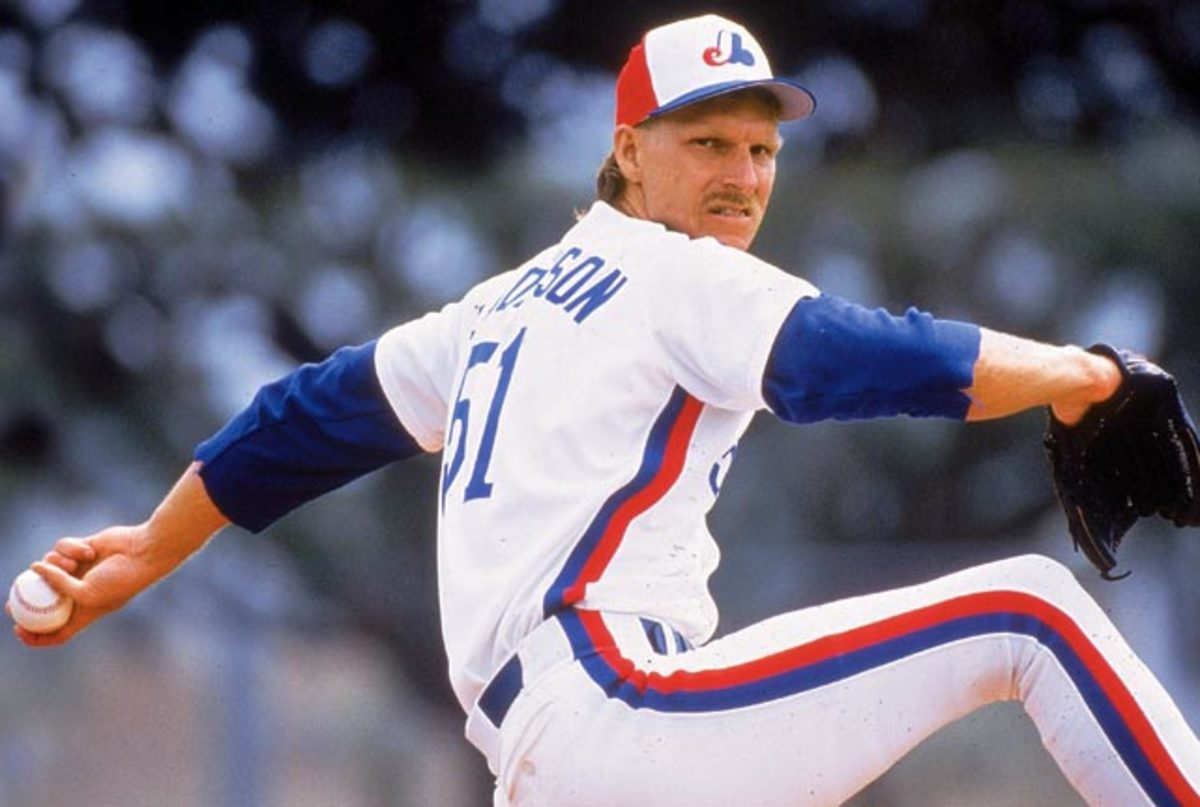
"The Big Unit" had a strong first major league outing, but it was his second start that blew the competition away. At Wrigley Field, Johnson struck out 11 Cubs on his way to a complete game shutout. During his September call-up, Johnson finished 3-0 with a 2.42 ERA, foreshadowing the dominant, five-time Cy Young winner he would become.
Greg Maddux
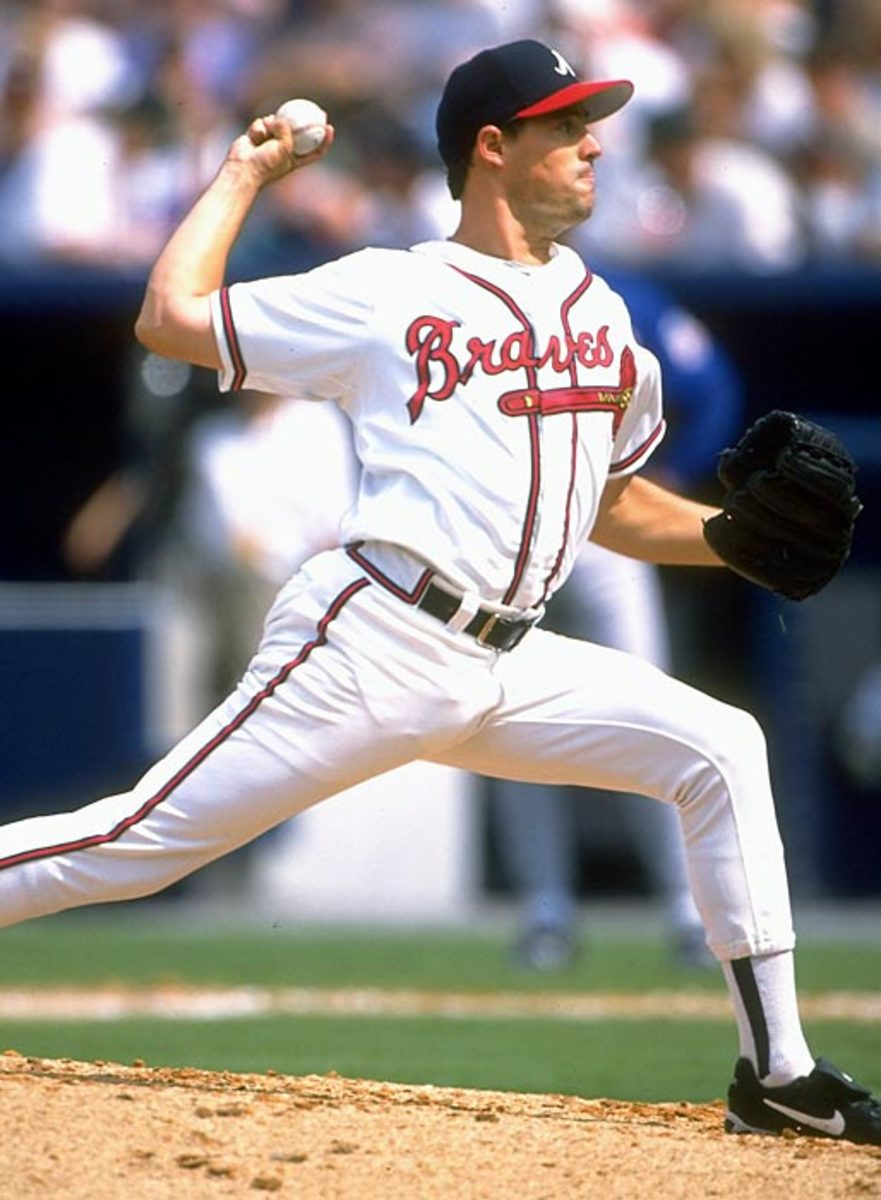
Maddux had made his debut five days earlier in the 18th inning of a suspended game. He gave up one run and took the loss in that one but went the distance against the Reds in his first start. It was the first of his 355 wins during an amazing career that also included four straight Cy Youngs from 1992-95.
Pedro Martinez
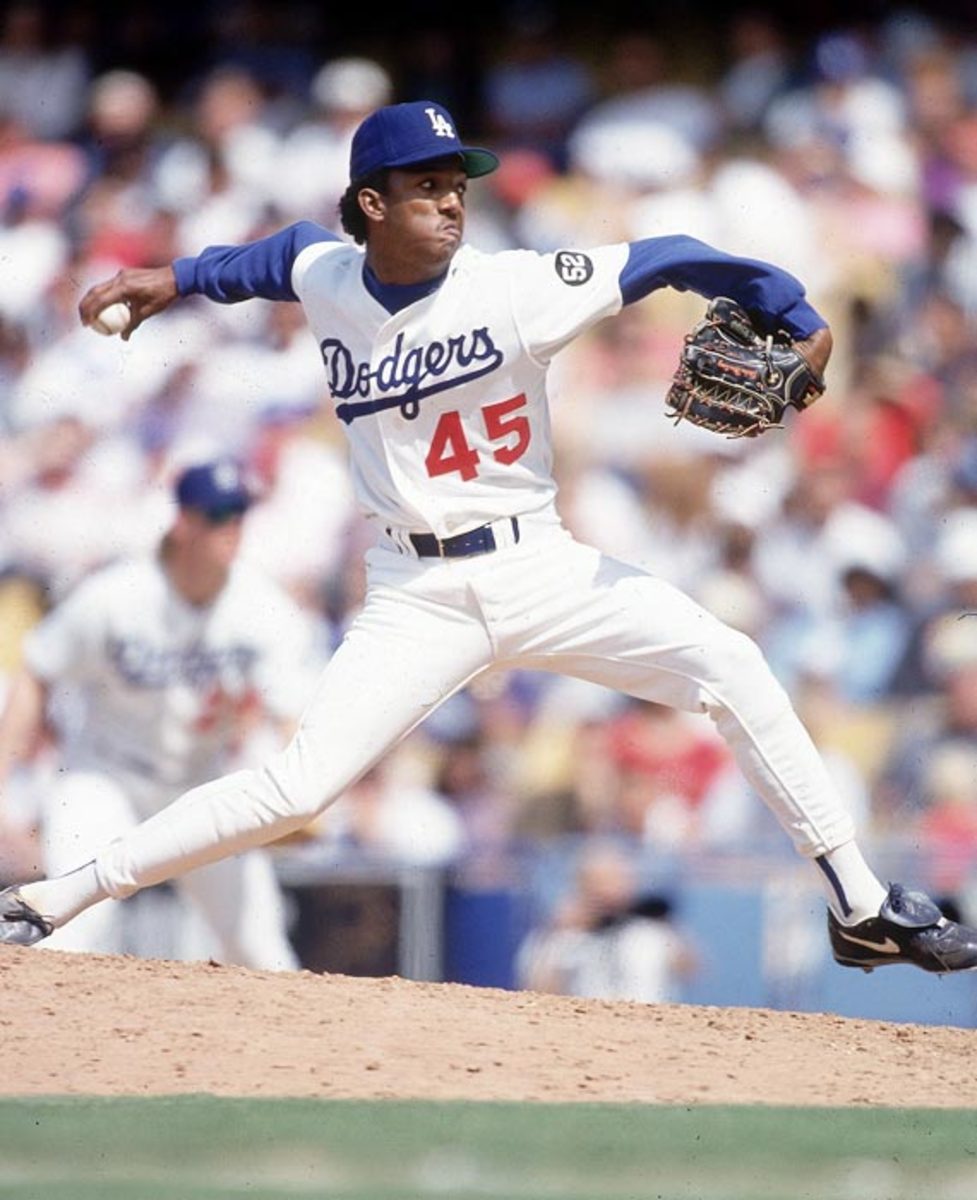
Pedro Martinez made only two appearances during the 1992 season, and the second was his first big league start -- a strong outing that ended in a loss on a terrible Dodgers team. Martinez would work the next year predominantly in relief before the Dodgers shopped him to the Expos where he would permanently become a starter, a role in which he won three Cy Young awards.
Roy Halladay
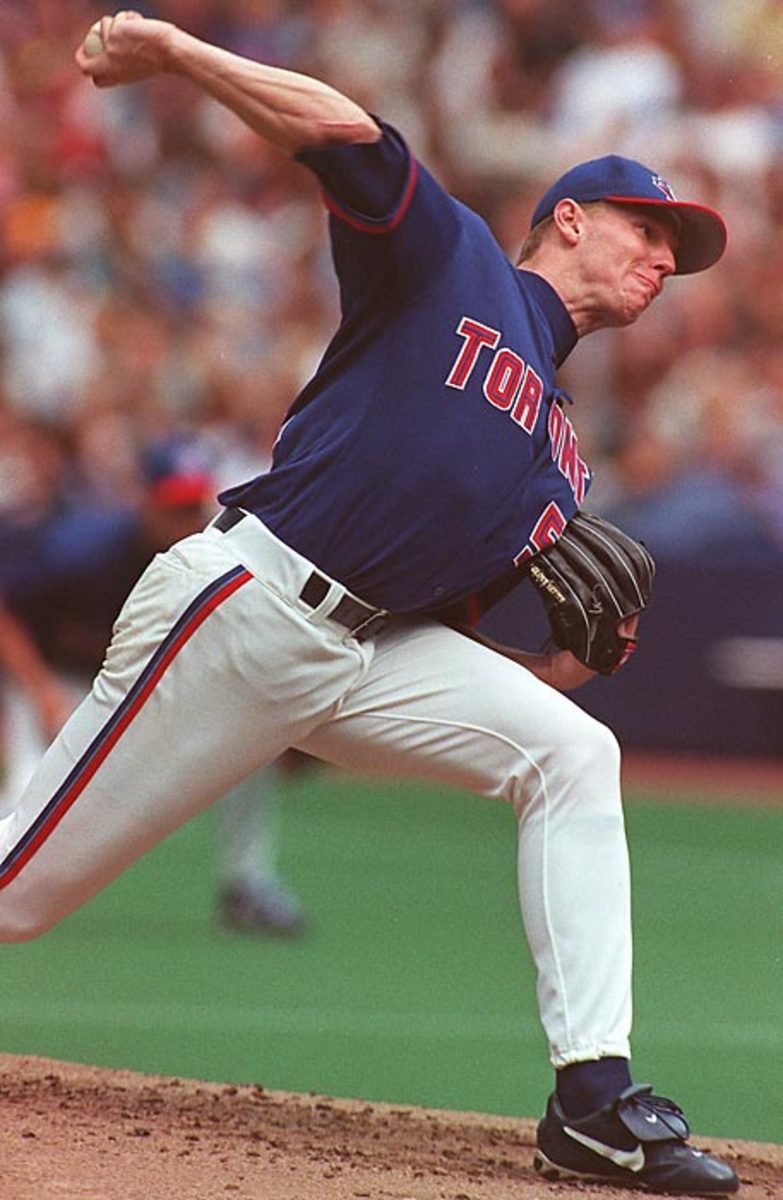
Halladay's first start, which came in his major league debut, wasn't great but his second one was. Halladay was one out awayfrom throwing a no-hitter on the last day of the 1998 season, but it was broken up by a home run from the Tigers' Bobby Higginson home run. Halladay would eventually throw a perfect game in 2010 and a no-hitter in that year's Division Series.
Justin Verlander
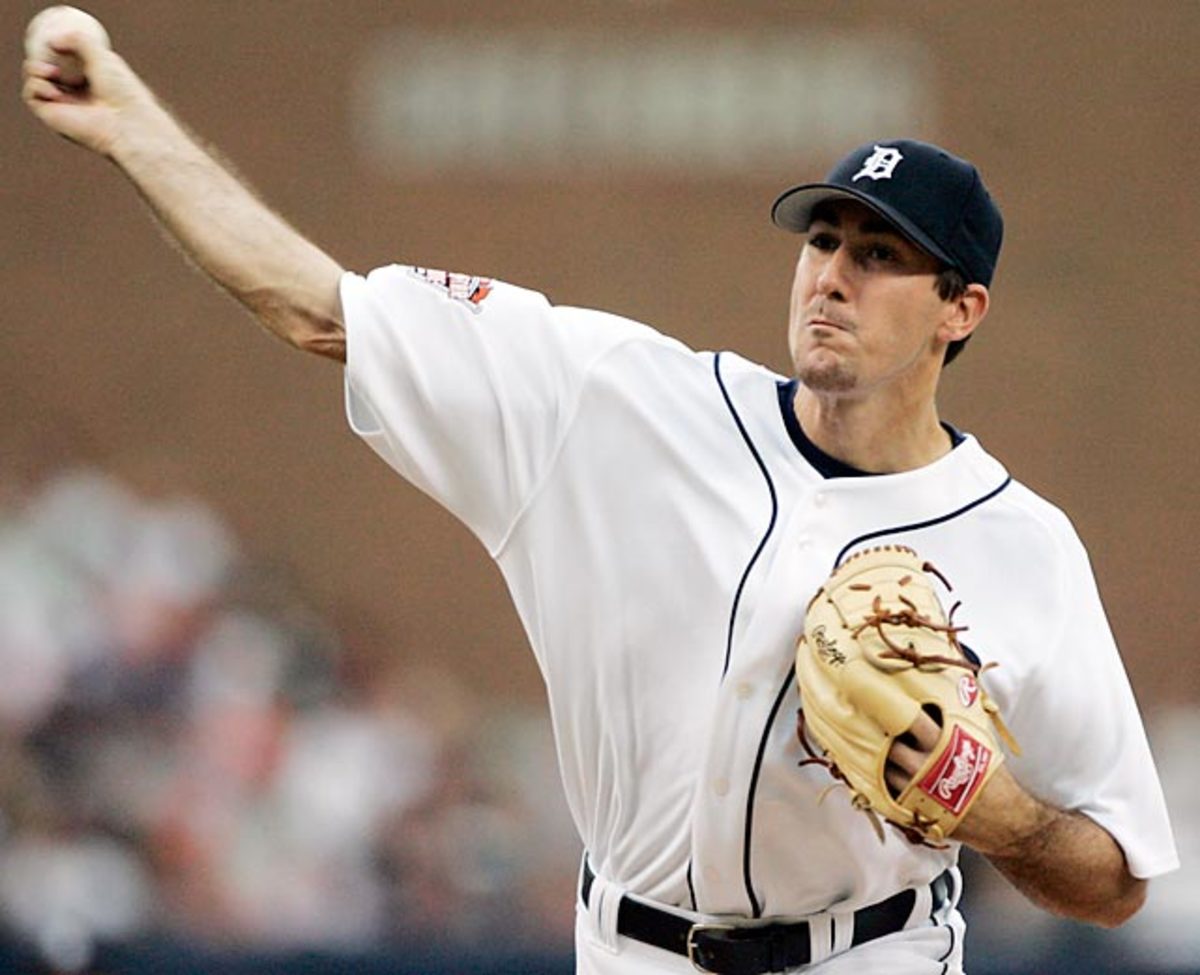
Verlander only made two starts during the 2005 season and he lost both of them. When he returned in 2006, he won Rookie of the Year, establishing himself as one of the most dominant pitchers in the big leagues. In 2011, he won both he AL MVP and Cy Young awards.
Felix Hernandez
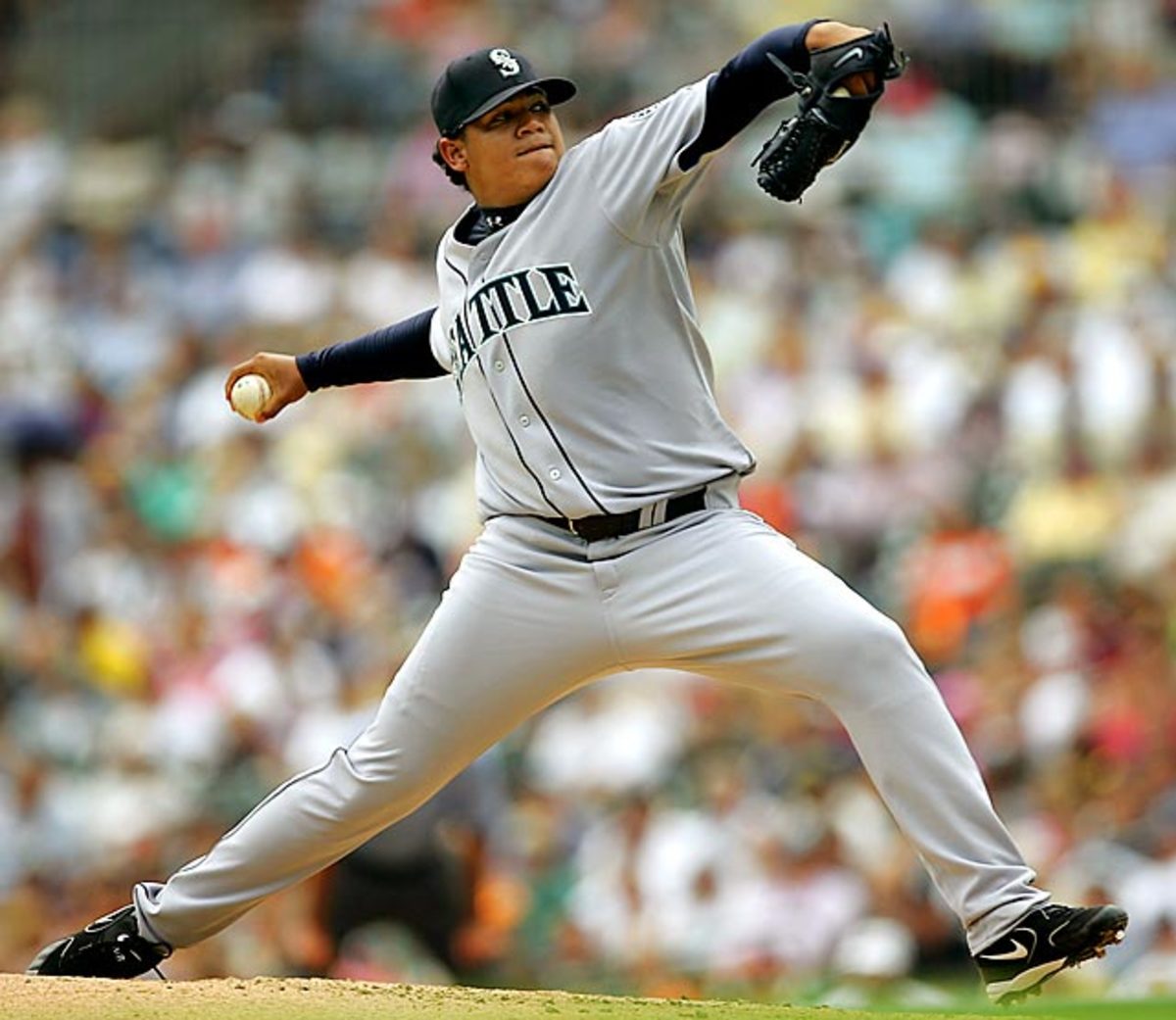
Felix Hernandez was a throwback to the old days, making his debut at age 19. He only gave up three hits in his first outing despite losing, but he would throw eight innings in four of his next five starts and strike out at least six hitters in each game.
Clayton Kershaw
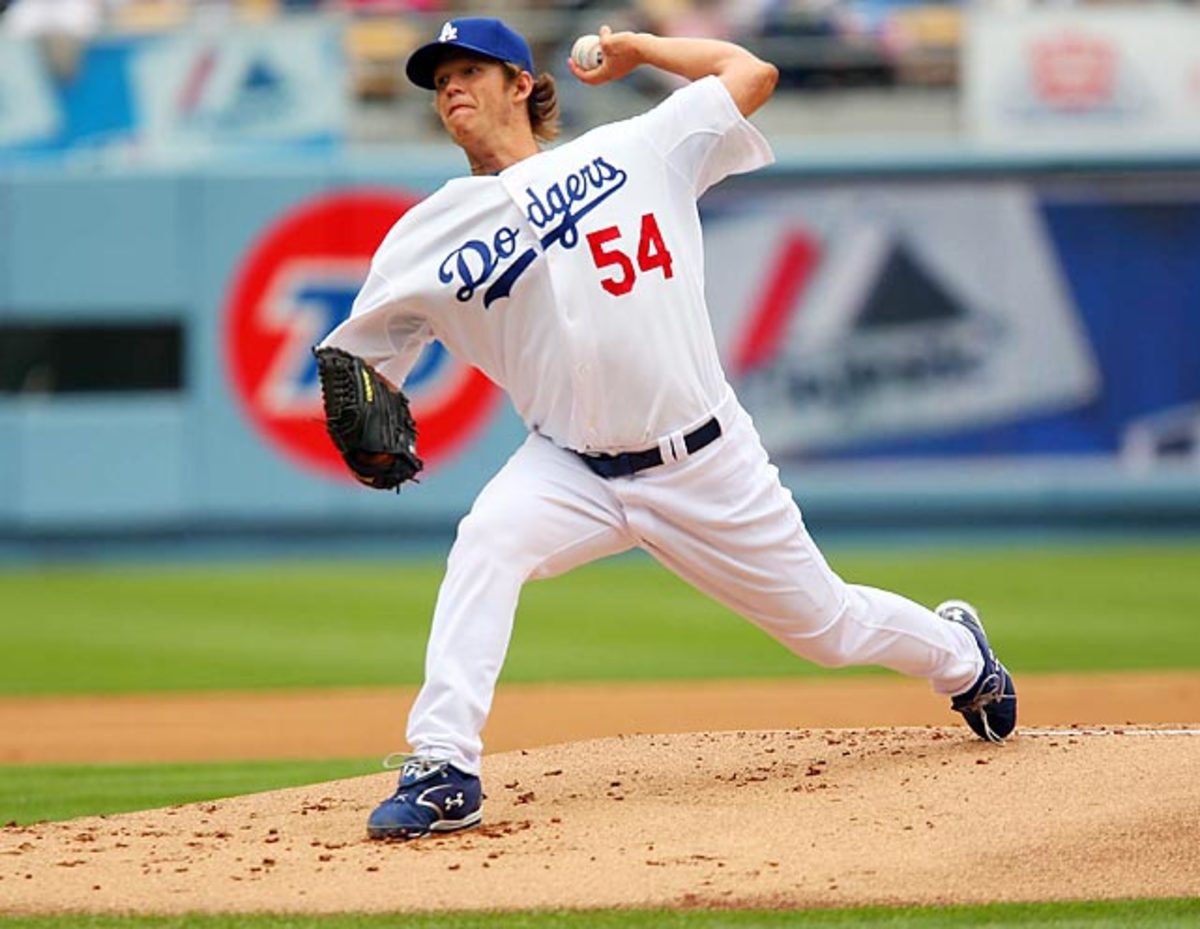
Kershaw showed off his ability to strike batters out in his debut, whiffing seven Cardinals in a lineup that included Albert Pujols and Ryan Ludwick, though he got a no-decision. His first win didn't come until his 10th start, on July 27.
Stephen Strasburg
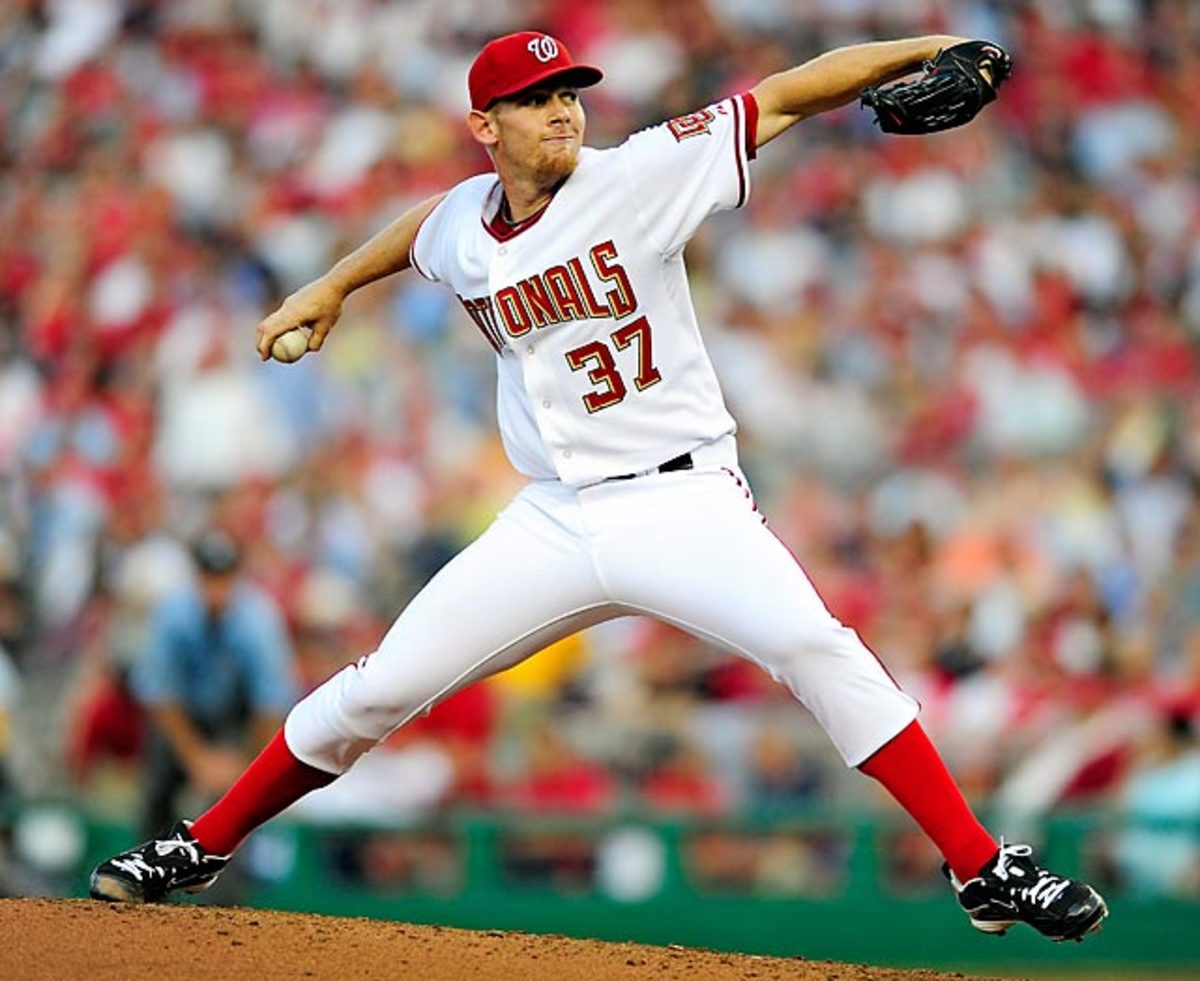
Stephen Strasburg had one of the most anticipated and dominant major league debuts in baseball history. In front of a capacity crowd (despite the Nationals' struggles as a team), the No. 1 overall pick of the 2009 draft struck out an astounding 14 Pirates over seven innings. He became the first pitcher to have at least 11 strikeouts and no walks in his big league debut.
